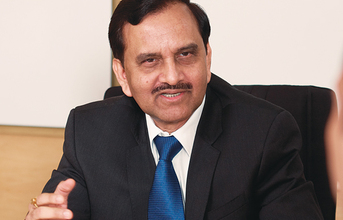
The seed capital was an attractive source of fund, because it was like quasi equity as it bore only one percent interest rate with liberal repayment terms. But securing these two sources of fund was considerably difficult as they entailed a lot of stringent scrutiny and evaluation. In those days, sanction and disbursal also used to consume a lot time. "But I had conviction in the project. I myself prepared the detailed project feasibility report - technical, marketing and financial aspects. Even though the funds were not tied up, it was my firm conviction that gave me the confidence to go ahead with the project - buying land, ordering for equipment and firming up the customer orders."
In the meantime, Behera also continued negotiating with the industry department and the financial institution for the state subsidy and the seed capital respectively. "While the negotiations were on, I had to arrange for alternate source of fund to continue with the execution of the project. I was fortunate enough to meet a senior official of a nationalised commercial bank who appreciated my effort, conviction and determination. We gave the bank the required comfort through endorsement and recommendations from our prospective customer. Convinced that we would secure the state subsidy and the seed capital, the bank extended a bridge loan to tide over the cash requirement." Also, after much difficulty, he was also able to convince both the industry department and the financial institution about the merit of the project and he could secure the approval for Rs12 lakh each towards state subsidy and seed capital respectively. "In spite of the hurdles, the project implementation was on schedule and we delivered to the customer on time," Behera remembers.


























